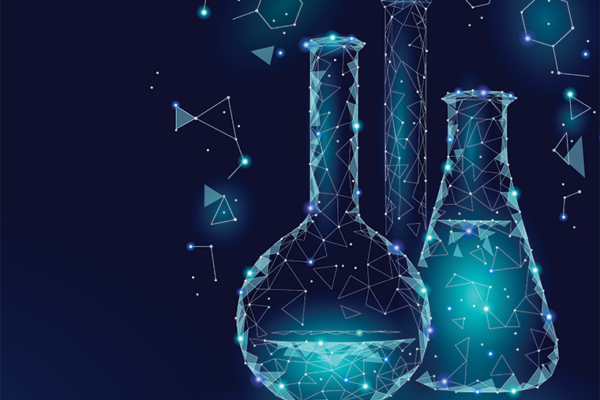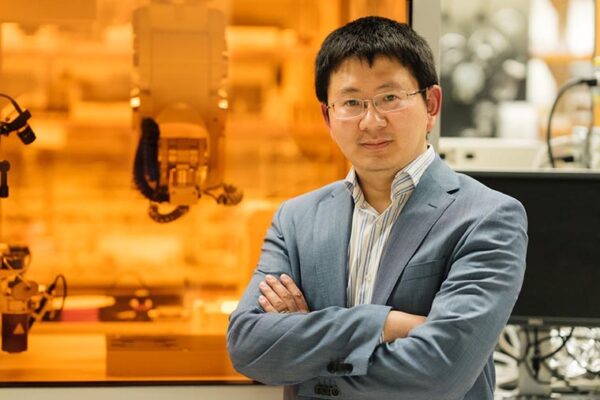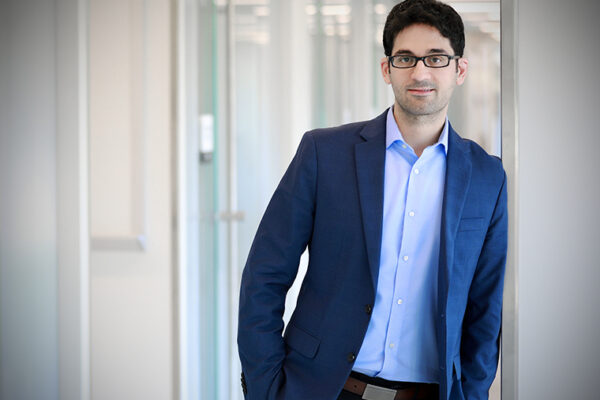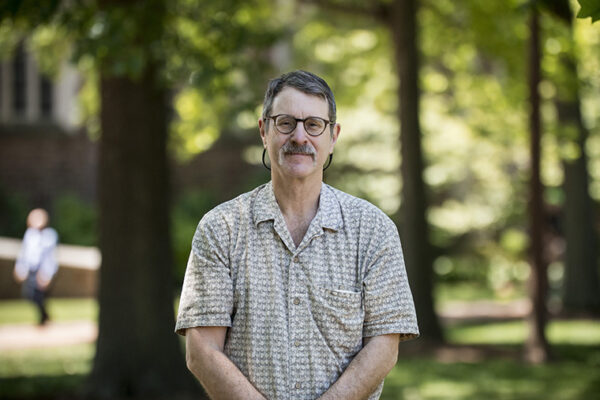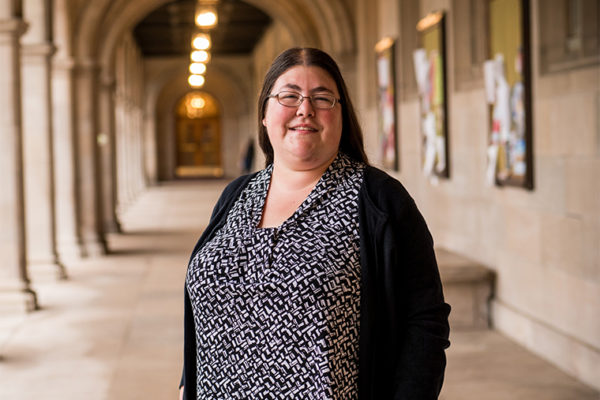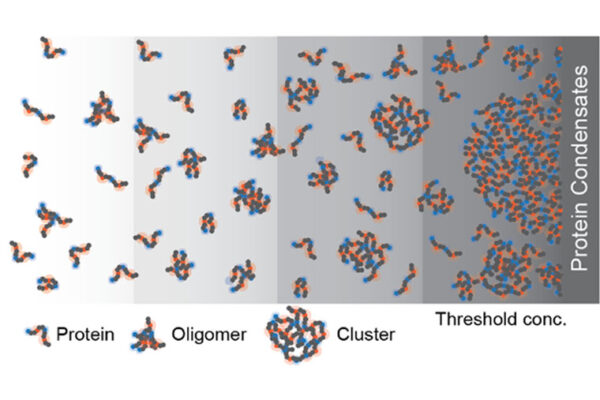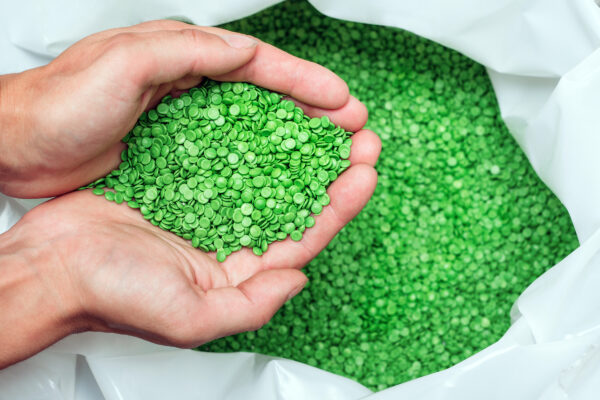Book showcases digital innovation in WashU chemistry instruction
“Digital Learning and Teaching in Chemistry,” co-edited by Gabriela Mirowitz in Arts & Sciences, features WashU chemistry instructors and explores high-tech approaches to learning beyond the lab.
WashU leads new multi-omics production center for NIH research consortium
Multi-omics leverages the power of several different “omics” data types at once to build a detailed picture of factors that contribute to human health and disease. Under a $19.2 million grant award, Gary Patti, in Arts & Sciences, and Ting Wang, at the School of Medicine, will manage a new hub for multi-omics analyses at Washington University.
Chemists develop unique design for tough but stretchable gels
Chenfeng Ke, an incoming associate professor of chemistry in Arts & Sciences, developed a unique design for tough but stretchable hydrogels, reported Aug. 23 in the journal Chem. The new material is both flexible and durable.
Patti wins American Chemical Society Midwest Award
Gary Patti, in Arts & Sciences and the School of Medicine, has won the 2023 American Chemical Society Midwest Award. This annual award recognizes outstanding achievements in chemistry in the Midwest region.
Cancer cells rev up synthesis, compared with neighbors
Researchers led by Gary J. Patti in Arts & Sciences established a method to watch what nutrients are used at which rates spatially throughout a tumor. The new approach offers clues for potential treatment strategies.
Forum to explain science behind reports of radioactive substances
Lee Sobotka, a professor of chemistry and of physics in Arts & Sciences, will moderate an April 26 technical forum to explain the science behind recent reports of radioactive substances at Jana Elementary school in Hazelwood, Mo. Saint Louis University’s College for Public Health and Social Justice is hosting the event.
Jackrel awarded grant to study proteins linked to ALS
Funding from the National Institutes of Health (NIH) will help Meredith Jackrel, an assistant professor of chemistry in Arts & Sciences, and her team study Matrin-3, a poorly understood protein linked to several neurodegenerative disorders.
An alternate route to semiconductor production
Research from the laboratories of Bryce Sadtler in Arts & Sciences and Rohan Mishra at the McKelvey School of Engineering offers a cheaper and more efficient pathway to semiconductor production using electrodeposition.
Center for Biomolecular Condensates launches
A new multidisciplinary center focused on biomolecular condensates — distinct molecular communities that make up the building blocks of life — has launched at the McKelvey School of Engineering.
New system creates bioplastics, consumes CO2
A team of researchers including Joshua Yuan at the McKelvey School of Engineering has developed a system that uses carbon dioxide to produce biodegradable plastics. They could someday replace the nondegradable plastics used today.
Older Stories
